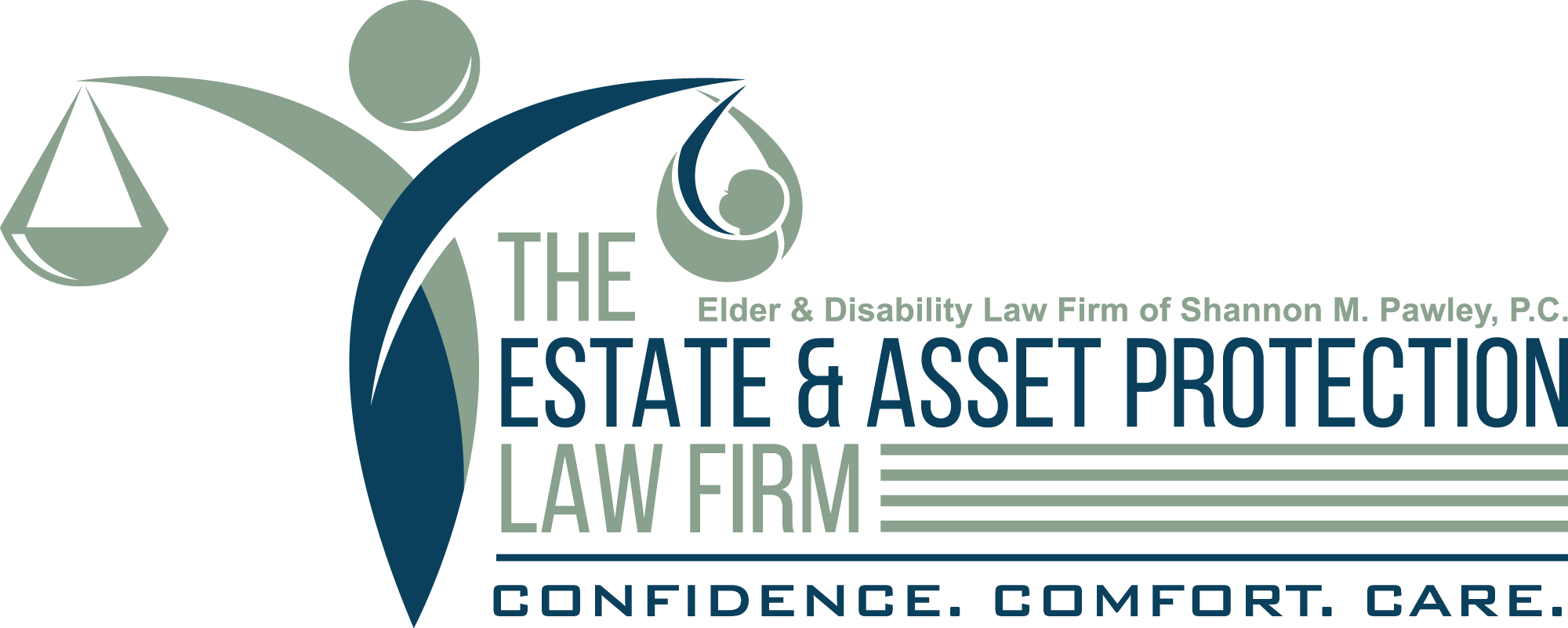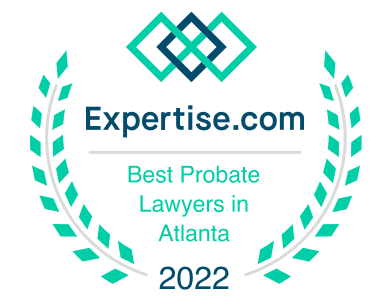Long-term Confusion Around Long-Term Care and Assets In Revocable Trusts

It is completely understandable that there would be confusion around trusts and long-term care needs.
With a multitude of trusts that can be established, most folks simply attempting to protect the assets they’ve worked their whole lives to accrue typically need guidance through the maze of trusts.
Basically, there are two major types of trusts: living and testamentary. But, within those two categories are Revocable Trusts, Irrevocable Trusts, Asset Protection Trusts, Charitable Trusts, Constructive Trusts, Special Needs Trusts, Spendthrift Trusts, Tax By-pass Trusts and Totten Trusts.
Why so many, you may wonder? Well, it’s really because everybody has such different life circumstances and needs. I’m not going to explain each one, but keep in mind that there is no “one-size-fits-all” trust.
One of The Most Common Misconceptions
Some people think they simply need a revocable trust to protect their assets in the event they will require long-term nursing home or in-home care. They think that Medicare or Medicaid will cover the costs. Not so.
When you place your assets in a revocable trust, you still own them. As long as the individual who requires long-term care retains control of the assets in the revocable trust, the trust is merely a legal extension of that person. If someone sues you and receives a large monetary judgement, the assets in the revocable trust would not be protected. You would have to use them.
Also, if you need long-term care, the assets in your revocable trust will not be protected. You will not be eligible for Medicare payments for long-term care until almost all of the assets in a revocable trust are depleted. Some people actually spend or give away the assets in their revocable trusts if they have to go into a nursing home, so they will then qualify for Medicaid to pay for their long-term care. Medicaid will continue to pay for that care after assets run out.
Revocable Versus Irrevocable Trust
When clients come to us asking to set up a revocable trust for them, we have to explore the reasons why they want this type of trust. In addition, there are a long list of questions that can lead to the most advantageous options.
As you can see, for Medicaid to fund long-term care you must get rid of what you own even if your assets are in a revocable trust. On the other hand, an irrevocable trust is a separate entity from you. It is a trust that is assigned to someone else. In effect, you are giving the control of the assets in an irrevocable trust to another person. If you are sued, because your trust did not commit whatever act spurred the lawsuit, it cannot be liable for damages.
An irrevocable trust does keep assets intact and they continue earning interest that accumulates in the trust. Irrevocable trusts can also include “spendthrift” language to guard against heirs squandering the funds. This is an advantage that will be missed if you merely give your assets away. However, even for Medicaid, not all irrevocable trusts are exempt. The language inside the trust must be drafted in a specific way. The title “irrevocable” does not necessary mean exempt.
Medicaid is subject to complex rules. If long-term care is a concern for you, and it is for most people, speak with a qualified estate planning attorney who is also a certified elder law attorney. There is no one-size-fits-all solution, so be thorough in your selection process.
Looking to find an experienced estate lawyer in the Georgia area who is skilled in asset protection and estate plan preparation? Shannon Pawley is an attorney in Georgia with expertise in estate planning and asset protection. Shannon can provide assistance with creating an estate plan to include making a will and how to establish a trust properly. If you have questions about asset protection or questions about making an estate plan, reach out to Shannon and she will be glad to help answer all the estate planning questions you might have!







